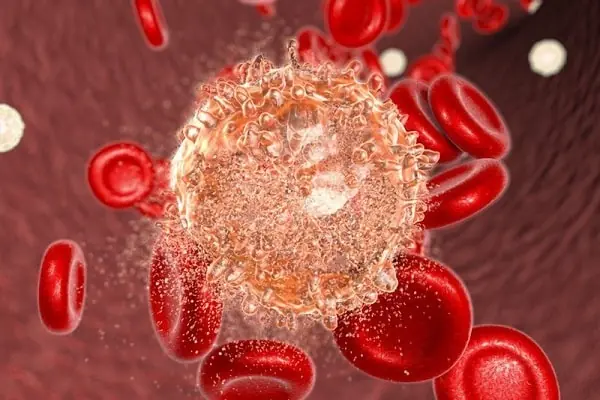
Don't Ignore These 15 Common Cancer Symptoms: A Guide to Early Detection
Don't Ignore These 15 Common Cancer Symptoms: A Guide to Early Detection
It's easy to dismiss subtle changes in our bodies, attributing them to daily stresses or minor ailments. However, overlooking certain persistent symptoms can have serious, even life-threatening, consequences when it comes to cancer. Early detection significantly improves treatment outcomes, making it crucial to be aware of the signs your body might be sending.
The American Cancer Society reports staggering numbers of new cancer diagnoses and deaths each year. Late detection, often due to missed or ignored symptoms, allows the disease to spread, potentially making it irreversible. While many of the symptoms below can also indicate less serious conditions, their persistence warrants a conversation with your doctor.

15 Cancer Symptoms You Should Pay Attention To:
-
Bleeding Between Periods (Women Only): While spotting can be due to hormonal shifts, stress, or other minor issues, recurrent bleeding outside of your regular cycle should prompt a doctor's visit to rule out endometrial cancer.
-
Persistent Bloating (Women Only): Bloating is common, especially among women, often linked to diet or PMS. However, if bloating lasts longer than two weeks, or is accompanied by bleeding and unexplained weight loss, it's crucial to consult your doctor to assess the risk of ovarian cancer.
-
Changes in Your Testicles (Men Only): Any new lump, swelling, pain, discomfort, or other noticeable change in a testicle should be immediately checked by a doctor. These can be signs of fast-growing testicular cancer. Monthly self-examinations are recommended for men aged 15-55.
-
Urinary Problems (Men Only): As men age, an enlarged prostate can cause symptoms like frequent urination (especially at night), difficulty starting urination, or a weak stream. However, these can also be symptoms of prostate cancer, so a medical evaluation is essential to determine the cause.
-
Breast Changes (Men & Women): Breast cancer affects both sexes. Signs to watch for include changes in breast structure, new lumps, or alterations in the skin or nipple (e.g., dimpling, redness, discharge). While not definitive proof of cancer, these require expert evaluation to rule out any concerns. Be aware that some less obvious signs can also be indicators.
-
Blood in Urine or Feces: Any visible blood in your urine or stool is a red flag that requires immediate medical attention. These can be indicators of colon or kidney cancer.
-
Mole Changes: Skin cancer is the most common cancer in the U.S. Pay close attention to changes in existing moles or the appearance of new ones. The "ABCDE" method (Asymmetry, Border, Color, Diameter, Evolving) is a helpful guide for self-evaluation, but any suspicious changes should be checked by a dermatologist to rule out melanoma.
-
Sudden, Unexplained Weight Loss: While often desired, significant weight loss without any changes to your diet or exercise routine should be a cause for concern, not relief. This can be a sign of cancers such as pancreatic, lung, or stomach cancer.
-
Ongoing, Unexplained Pain: Pain can stem from many sources, but persistent, unexplained pain lasting a month or longer could signal bone, brain, or other cancers. Discuss any suspicious prolonged pain with your doctor.
-
Unusual and Persistent Fatigue: Feeling constantly worn down in today's busy world is common. However, if you experience persistent tiredness despite a reasonable diet and adequate sleep, it's important to investigate the root cause with a physician.
-
Difficulty Swallowing (Dysphagia): Occasional difficulty swallowing can be minor, but if it's a regular occurrence, particularly with foods or liquids, it could be a sign of cancer in the mouth, throat, or esophagus. Seek medical evaluation.
-
Persistent Cough: A cough that lingers for weeks, especially if accompanied by pain or shortness of breath, warrants concern. Coughing up blood is a serious symptom that requires immediate medical attention. Smokers should be particularly vigilant, as a persistent cough is a classic sign of lung cancer.
-
Chronic Heartburn: While often linked to diet or acid reflux, persistent heartburn that doesn't improve with lifestyle changes should be investigated. It can be an indicator of cancer in the ovaries, heart, or esophagus. Studies suggest long-standing heartburn may increase the risk of throat cancer, requiring prompt attention.
-
Persistent Fever: While fevers are common, one that refuses to go away or occurs frequently without a clear explanation can be a sign of certain cancers, including leukemia and lymphoma.
-
Changes in Lymph Nodes: Lymph nodes, vital for fighting infections and filtering waste, commonly swell in the neck, groin, and underarms due to infections. However, persistent or unexplained swelling in these areas can also be a symptom of cancers like leukemia and lymphoma.

When in Doubt, See a Doctor
It's natural to feel anxious when reading a list like this, but remember that these symptoms can also be tied to many less serious conditions. There's no need to panic. However, when it comes to something as serious as cancer, it's always best to err on the side of caution. If you experience any of these persistent or concerning symptoms, do not hesitate to consult a medical professional for a thorough evaluation. Early detection can make all the difference.
News in the same category

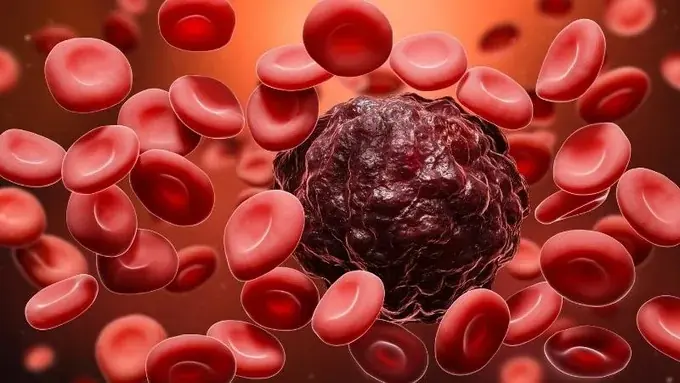
3 Pain Areas on the Body That Could Signal Early-Stage Cancer: Don’t Delay, or It Could Spread

Natural Solutions for Gout: Tackling Uric Acid to Prevent Pain
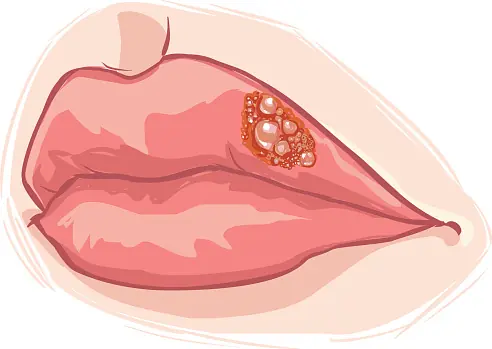
5 Hidden Nutritional Deficiencies You Likely Have (and How to Fix Them)

3-Year-Old Girl Bites and Swallows Mercury from a Broken Thermometer — Her Mother’s Quick Thinking Saves Her Life and Earns Praise from Doctors
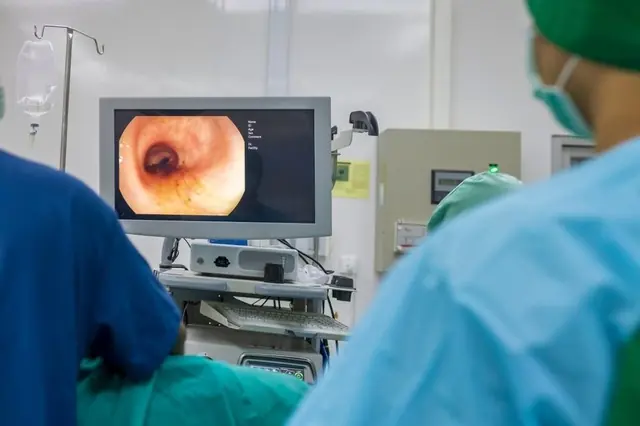
More and More Young People Are Suffering from Colon Cancer — Doctors Warn: Eat Less of These 3 Things!
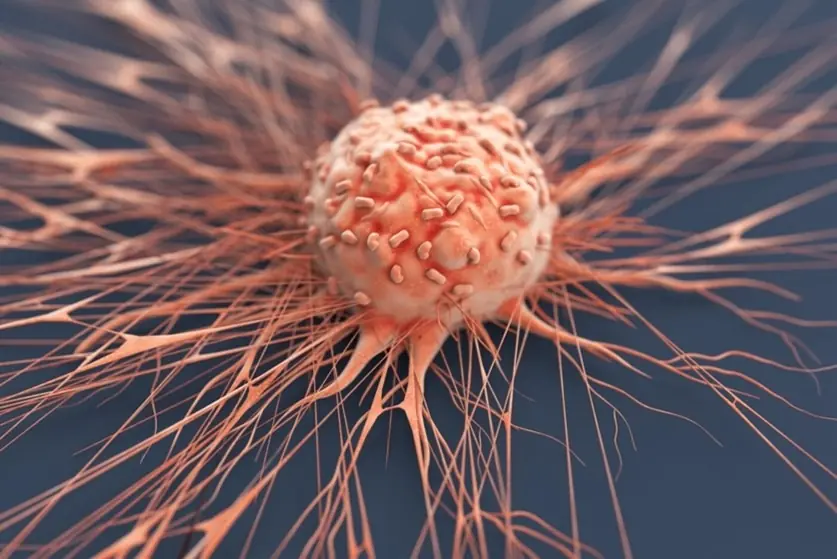
Diagnosed with Late-Stage Stomach Cancer, I Painfully Realized: 3 Foods Left Too Long in the Fridge Were the "Accomplices"

Waking Up to Shoulder Pain: Causes, Solutions, and How to Sleep Soundly
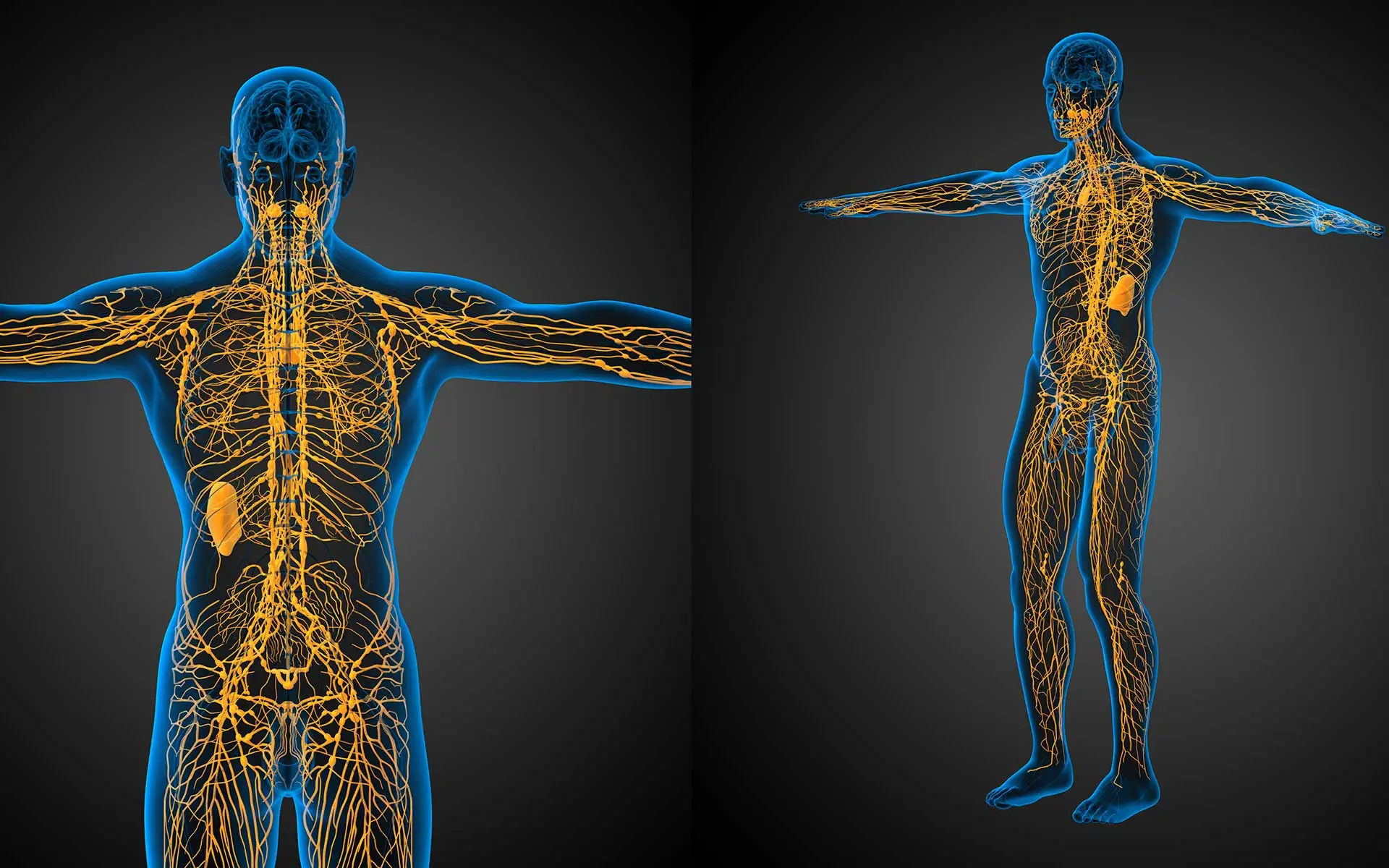
Your Lymphatic System: A Hidden Key to Lifelong Health

Doctors Issue Urgent Warning: Weight-Loss Jab Users Risk Malnutrition and Muscle Loss Amid Diet Concerns

You Should Never Ignore These 9 Things Your Fingernails Reveal About Your Health
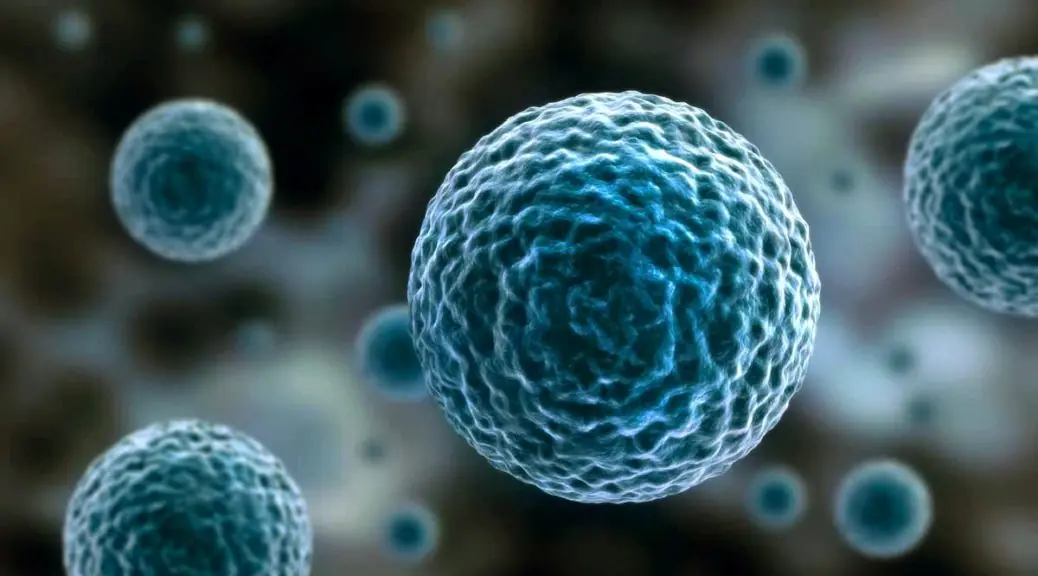
6 Foods That Are Not Compatible with Tumors, Remember to Eat Them Regularly
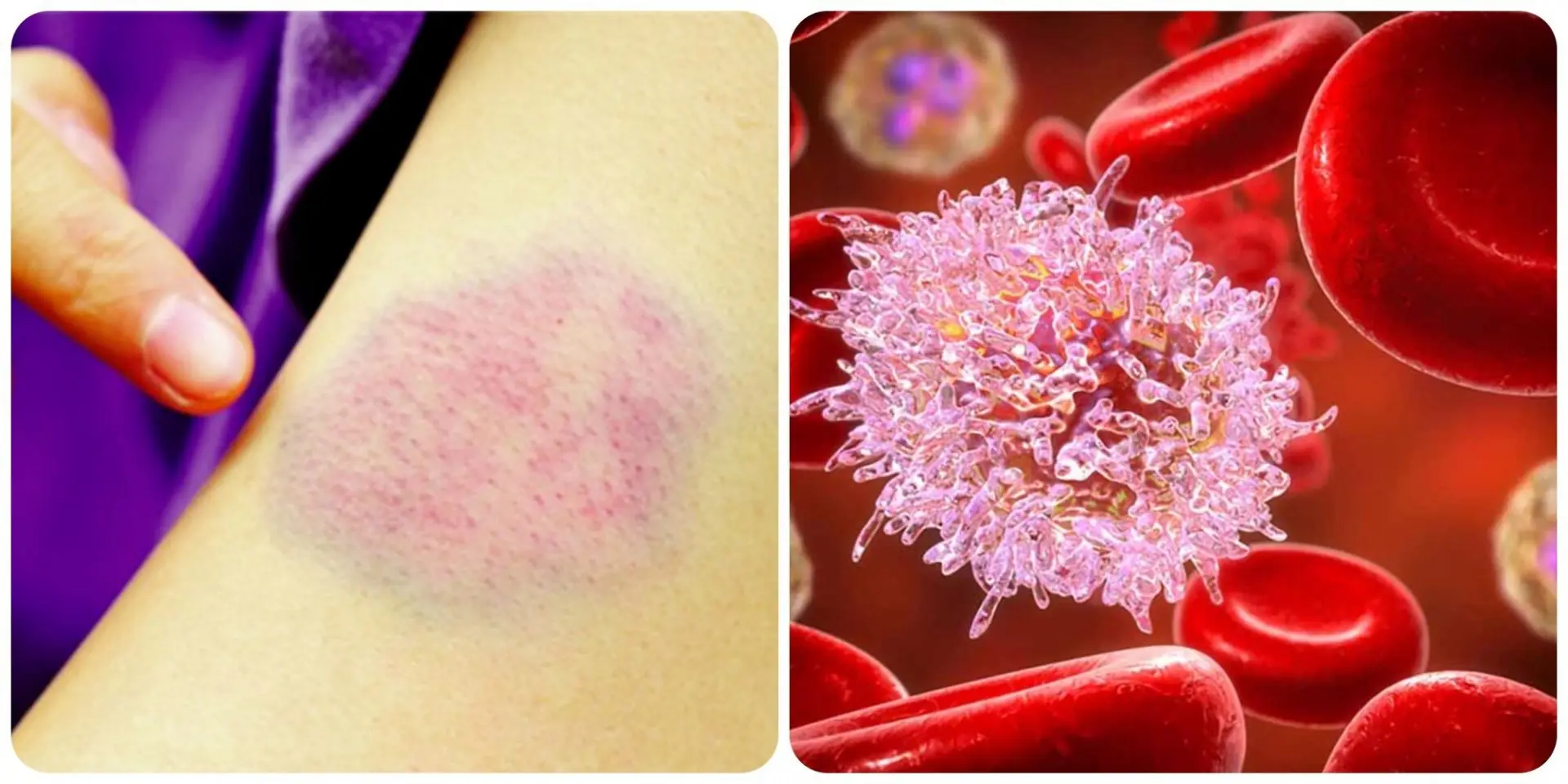
Before Cancer Knocks: 4 Signs on Your Hands and Feet Not to Be Ignored

Doctors Warn: 4 Food Storage Habits in the Refrigerator That Can Cause Cancer
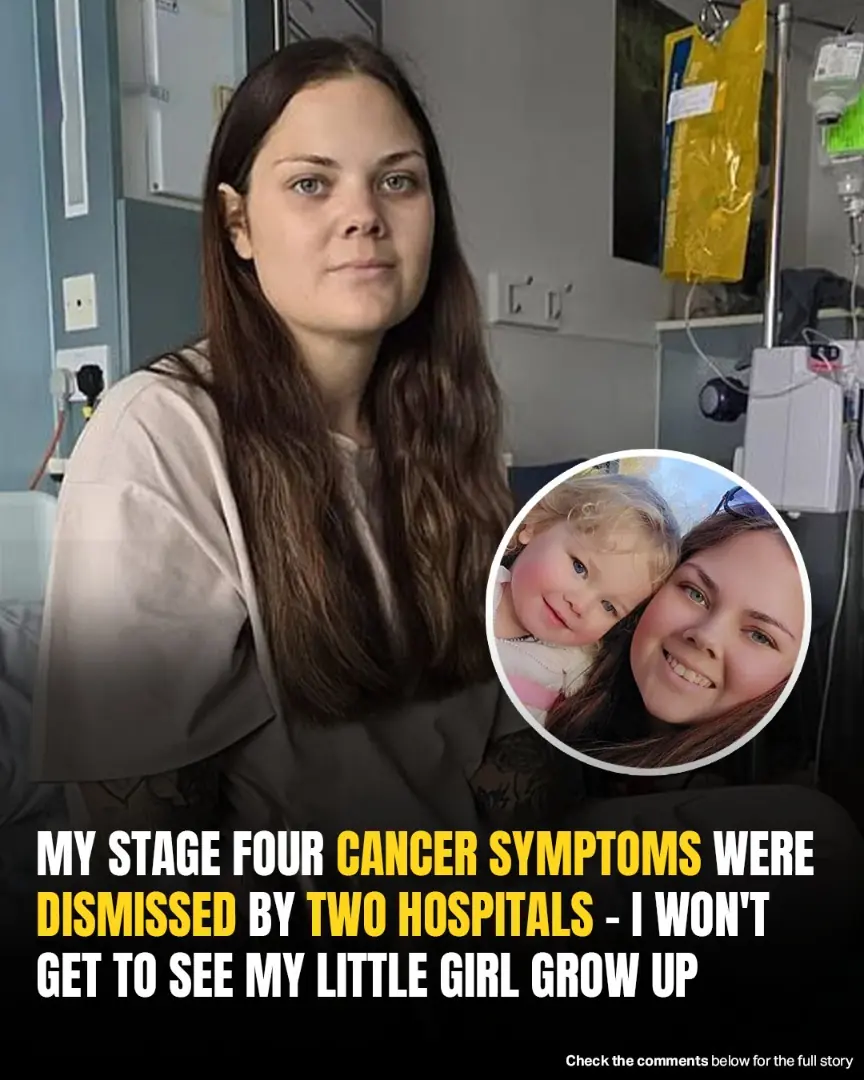
Doctors Said It Was Gallstones—But It Was Stage Four Cancer
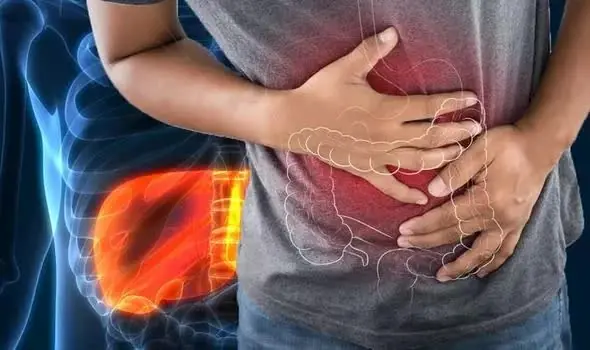
20-Year-Old Teacher Dies from Liver Cancer: Doctor Warns That Odor in 3 Body Areas Could Signal a Failing Liver

Young Woman Dies at 27 from Late-Stage Thyroid Cancer: Doctors Say It's Linked to a Pre-Bedtime Habit
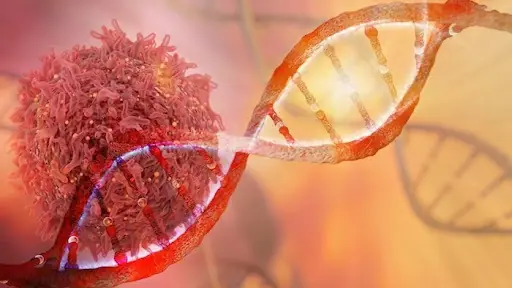
A 43-Year-Old Female Teacher Diagnosed with Two Types of Cancer at Once: Warning Signs Ignored for 6 Months

Beyond the Fruit: Uncovering the Science-Backed Health Benefits of Bananas and Their Peels
News Post

Warning from Hospitals: Eating This Type of Meat Every Day Can Increase Cancer Risk – Don’t Be Complacent!

3 Pain Areas on the Body That Could Signal Early-Stage Cancer: Don’t Delay, or It Could Spread

What Your Ankle Bracelet Really Says About You — It’s More Than Just Jewelry

Truth behind viral statement after married CEO caught with employee on Coldplay kiss cam

DIY Okra Face Gel Recipe for Radiant, Firm Skin: Collagen Boosting Skincare Solution for Glowing Skin
By incorporating this okragel into your nightly skincare routine, you can enjoy smoother, firmer, and more radiant skin in just a few simple steps.

Homemade Rice Face Cream: A Simple, Natural Skincare Solution to Achieve Radiant Glass Skin in 7 Days
It’s time to create the DIY rice face cream that will help you achieve glowing, glass-like skin in just 7 days.

Natural Solutions for Gout: Tackling Uric Acid to Prevent Pain

5 Hidden Nutritional Deficiencies You Likely Have (and How to Fix Them)

Scientists Turn Coffee Waste Into Bricks—And They’re Twice as Strong as Standard

The Amount of Electricity Now Being Generated From Solar Is Unbelievable

3-Year-Old Girl Bites and Swallows Mercury from a Broken Thermometer — Her Mother’s Quick Thinking Saves Her Life and Earns Praise from Doctors

More and More Young People Are Suffering from Colon Cancer — Doctors Warn: Eat Less of These 3 Things!

Diagnosed with Late-Stage Stomach Cancer, I Painfully Realized: 3 Foods Left Too Long in the Fridge Were the "Accomplices"

Scientists Turn Coffee Waste Into Bricks—And They’re Twice as Strong as Standard

Study Reveals Reading is a Complex, Flexible Brain Process Involving Multiple Interacting Neural Networks

Australia Is Using 3D Printers To Save Coral Reefs, And The Fish Are Already Moving In

Planet Earth Has Been Spinning Faster Lately

Goodbye Nursing Homes! The New Trend Is CoHousing With Friends
